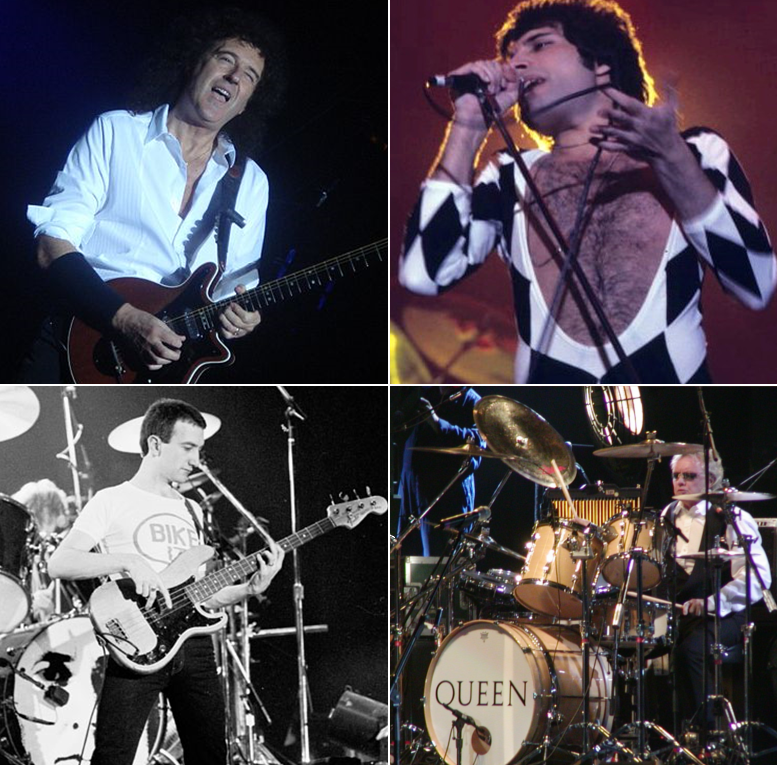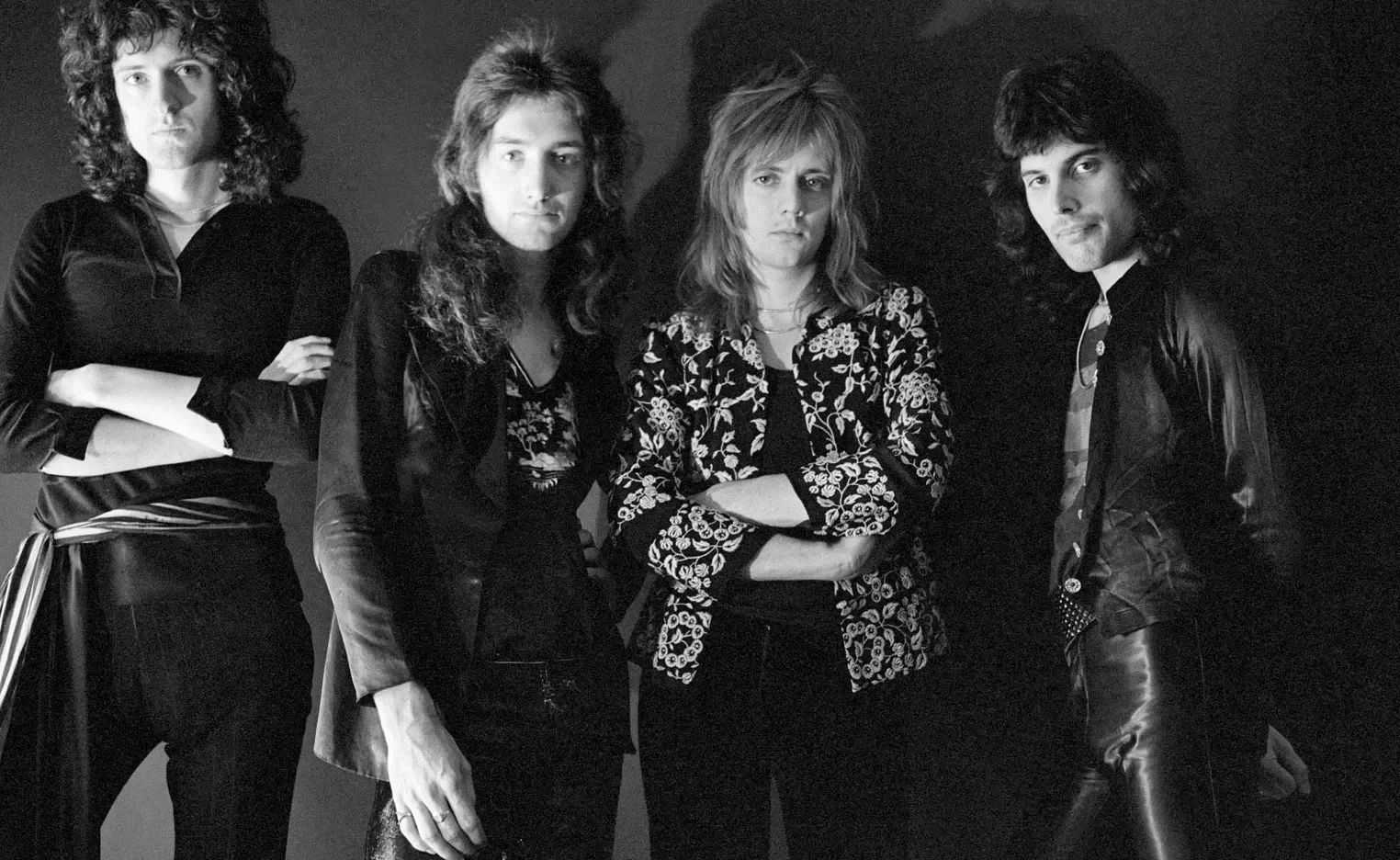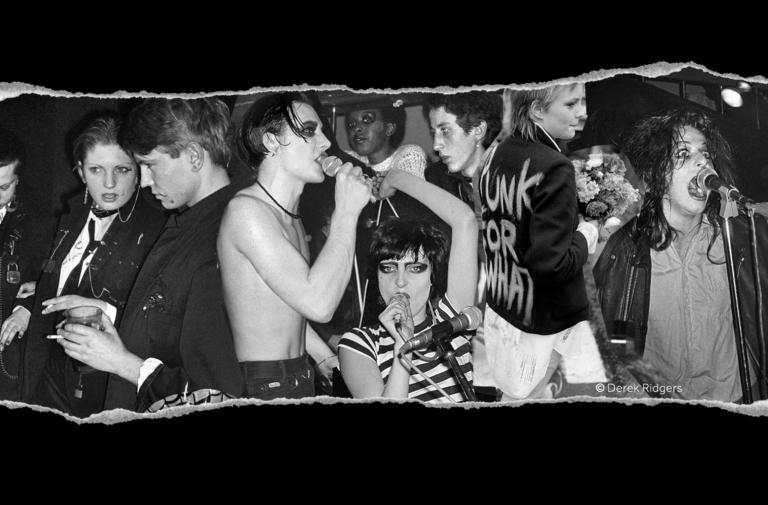Queen: Exploring the unique sound and theatrical performances of the legendary British rock band
Queen is a legendary British rock band that was formed in London in 1970 by Freddie Mercury, Brian May, and Roger Taylor. The band drew much of their musical influence from prototypical metal bands such as Led Zeppelin, but they ultimately emerged as one of the most unique and influential hard rock bands of their time. Queen quickly became known for their flamboyant and over-the-top stage performances and diverse and dynamic sound, which would ultimately become their signature style.
Queen’s signature sound was developed through a combination of innovative musical techniques and theatrical performances. The band’s debut album, “Queen,” was released in 1973 and was hailed as one of the most exciting developments in rock music. The album featured a layered sound that would become a hallmark of the band’s music. Additionally, Queen’s use of multi-tracked choral intros, explosive guitar leads, and powerhouse drum sounds contributed to their unique sound. The band’s theatrical performances, which mirrored theatrical productions rather than traditional rock shows, also contributed to their distinct style.
Queen’s musical legacy and impact are undeniable. Their anthemic hits, such as “We Will Rock You” and “Bohemian Rhapsody,” continue to be celebrated and played around the world. Queen’s influence on rock music and popular culture is also evident in their induction into the Rock and Roll Hall of Fame in 2001 and their inclusion in numerous “greatest bands of all time” lists. Freddie Mercury’s embrace of femininity and theatricality as the band’s frontman was also groundbreaking and paved the way for future musicians to express themselves freely. Overall, Queen’s unique sound and theatrical performances have left an indelible mark on the music industry.
Theatrical performances and stage presence of Queen
Freddie Mercury’s showmanship and charisma were integral to Queen’s theatrical performances and stage presence. Mercury was known for his flamboyant stage performances and extensive vocal range, which he embraced while performing on stage. He had a unique ability to captivate audiences with his energy and charisma, making him one of the greatest showmen in rock history. Queen’s hit song “The Show Must Go On” is a testament to Mercury’s perseverance through tough times and his unbelievable showmanship. His stage presence and showmanship were a key component of Queen’s live performances and contributed to the band’s unique sound and style.
Queen’s elaborate costumes and stage design were also integral to their theatrical performances. Mercury defied the conventions of a rock frontman with his theatrical costumes, which often included tight-fitting spandex, leather, and sequins. The band’s stage design was equally elaborate, featuring pyrotechnics, lighting effects, and intricate set designs. Queen’s live performances were a visual spectacle that complemented their unique sound and added to the overall theatrical experience.
Theatrical elements were also present in Queen’s music videos, which were often elaborate and visually stunning. The band’s music videos featured complex storylines, intricate costumes, and elaborate set designs. Queen’s music videos were a reflection of their theatrical performances and contributed to their overall image as a band. The band’s theatricality and unique sound helped them stand out in the crowded music scene of the 1970s and 1980s. Queen’s legacy as one of the greatest rock bands of all time is due in no small part to their theatrical performances and unique sound.
Queen’s most iconic songs and albums
Queen’s “Bohemian Rhapsody” is perhaps one of the most iconic songs in rock history, with its unique blend of rock, opera, and ballad elements. The song broke all the rules and went on to break records, becoming one of the best-selling singles of all time. It continues to be a staple in popular culture, with its influence seen in various contemporary media about Queen, such as the biopic “Bohemian Rhapsody”. The song’s impact on music cannot be overstated, and it remains a testament to Queen’s innovative sound and creative vision.
“A Night at the Opera” is widely regarded as Queen’s most successful album, both commercially and critically. Released in 1975, it features some of the band’s most iconic songs, including “Bohemian Rhapsody,” “You’re My Best Friend,” and “Love of My Life”. The album spent nearly nine months on the UK charts and was a commercial success worldwide. It was also a turning point for the band, as it showcased their musical range and creativity, solidifying their place in rock history.
In addition to “Bohemian Rhapsody” and “A Night at the Opera,” Queen has produced numerous other iconic songs that have become staples in popular culture. “We Will Rock You” is a stadium anthem that continues to be played at sporting events and concerts around the world. “Somebody to Love” is a powerful rock anthem that showcases Queen’s ability to deliver brilliant soulful performances. These songs, along with others such as “Another One Bites the Dust” and “Don’t Stop Me Now,” demonstrate Queen’s unique sound and theatrical performances, making them one of the most influential and beloved rock bands of all time.
Queen’s collaborations and influence on other artists
Queen’s unique sound and theatrical performances have influenced a multitude of artists since their formation in the early 1970s. Drawing inspiration from prototypical metal bands such as Led Zeppelin, Queen emerged as one of the most unique and influential hard rock bands of all time. Their music has been covered and sampled by numerous artists, and they have collaborated with several musicians and bands throughout their career. For instance, Marc Martel’s tribute band, One Vision of Queen, showcases the band’s explosive and attention-commanding anthems. Queen’s collaborations with other artists have contributed to their lasting legacy and influence on modern music.

Queen’s influence on modern music is undeniable. Their debut album, “Queen,” was hailed as one of the most exciting developments in rock music history. The band’s theatrical performances, led by Freddie Mercury’s flamboyant stage presence, have inspired countless musicians, including Lady Gaga and Adam Lambert. Queen’s instrumental prowess, from Brian May’s electrifying guitar riffs to John Deacon and Roger Taylor’s thunderous rhythm section, has set a high standard for musicianship in rock music. Their elaborate sonic approach, which incorporated elements of heavy metal, glam rock, and camp theatrics, has influenced countless artists across various genres.
Queen’s influence on modern music was recognized when they were inducted into the Rock and Roll Hall of Fame in 2001. Their induction was a testament to their impact on the music industry and their lasting legacy. Queen’s music continues to inspire and influence artists to this day, solidifying their place in music history. Their unique sound and theatrical performances have left an indelible mark on the music industry, making them one of the most beloved and influential bands of all time.
Conclusion: The lasting legacy of Queen
Queen’s enduring popularity is a testament to the band’s unique sound and theatrical performances. Drawing influence from prototypical metal bands such as Led Zeppelin, Queen emerged as one of the most influential hard rock bands of the 1970s and 1980s. With Freddie Mercury‘s flamboyant stage presence and extensive vocal range, the band’s live performances were known for their theatricality, which mirrored productions rather than traditional rock shows. This unique approach to performance helped Queen capture the attention of audiences worldwide and cement their place in music history.

Queen’s influence on music and culture continues to this day. Their music, which blends elements of hard rock, glam rock, and camp theatrics, has inspired countless musicians across a variety of genres. Many of their songs are rich in melodic content, strengthened by a low level of melody repetition, making them instantly recognizable and memorable. The band’s ability to push boundaries and create music that defies categorization has ensured their place as one of the most innovative and influential bands of all time.
The importance of Queen’s unique sound and theatrical performances cannot be overstated. Their music and performances continue to captivate audiences and inspire new generations of musicians and fans alike. The recent success of the biopic Bohemian Rhapsody has brought renewed attention to the band, highlighting the enduring legacy of their music and the impact they have had on popular culture. Queen’s music and performances will undoubtedly continue to influence and inspire for generations to come.






